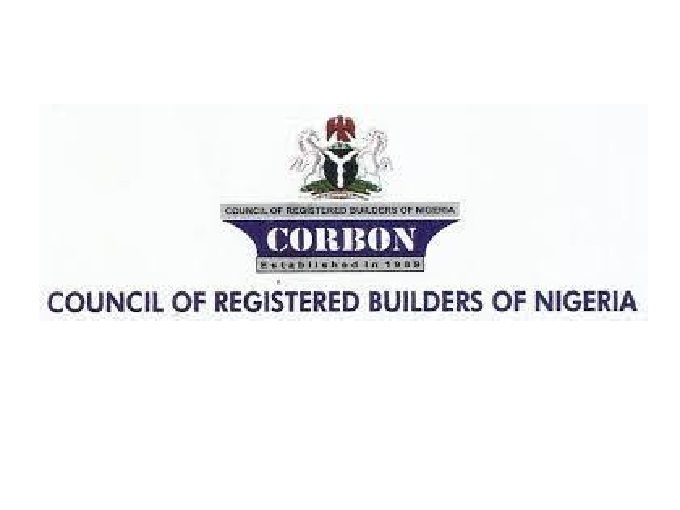The Untapped Potential of Facility Management in Nigeria: A Call for Standardization, Professionalization, and Policy Reform
Facility management, the integrated discipline encompassing the operation, maintenance, and optimization of built environments, plays a pivotal role in national development. Despite its strategic importance, the sector in Nigeria faces significant challenges, including policy gaps, skill deficiencies, and a lack of standardization. These hurdles hinder the industry’s growth and prevent it from reaching its full potential, impacting not only the built environment itself but also the productivity and well-being of those who inhabit it. Samson Opaluwah, Chairman of the Council of Registered Builders of Nigeria, has highlighted these pressing issues, advocating for a comprehensive overhaul of the sector to promote professionalism, innovation, and inclusivity.
One of the most critical challenges facing facility management in Nigeria is the lack of recognition and understanding of its strategic value. Many organizations perceive facility managers as mere maintenance personnel, failing to grasp their crucial role in optimizing building performance, enhancing occupant experience, and contributing to overall business success. This perception gap undermines the profession’s prestige and hampers its ability to attract and retain skilled professionals. Coupled with this is a lack of standardized qualifications and accreditation systems, further devaluing the profession and creating a barrier to entry for aspiring facility managers. The absence of clear career paths and professional development opportunities contributes to a skills gap within the industry, limiting its capacity to adapt to evolving technologies and best practices.
The rapid advancements in technology, evolving workplace cultures, and growing demand for sustainability necessitate a paradigm shift in how facility management is perceived and practiced. The digital revolution offers immense potential for optimizing building operations, enhancing energy efficiency, and improving occupant comfort. However, the Nigerian facility management sector lags in adopting these technological advancements, partly due to resistance to change and partly due to a lack of skilled professionals capable of leveraging these innovations. This technological gap further exacerbates the existing challenges, hindering the industry’s ability to meet the demands of a modern, dynamic built environment.
To address these critical challenges, a multi-pronged approach is required, encompassing policy reform, standardization, and capacity building. Opaluwah advocates for a national framework to standardize facility management practice, calling for the adoption of internationally recognized certification programs to elevate the profession and ensure quality assurance. A standardized framework would not only enhance the credibility of the profession but also provide a clear roadmap for career progression, attracting skilled individuals and promoting professional development. The development and implementation of a comprehensive regulatory framework are crucial for setting industry standards, ensuring ethical practices, and protecting the interests of both facility managers and building owners.
Legislative reform is equally crucial for fostering the growth and development of the facility management sector. A bill for the regulation of facility management practice is currently under consideration at the National Assembly, offering a crucial opportunity to establish a legal framework for the profession. This bill, if passed, will not only enhance the practice but also provide a regulatory framework for standards, ensuring accountability and promoting professionalism. Stakeholder support is essential to ensure the successful passage and implementation of this crucial legislation.
Looking towards the future, Opaluwah envisions a fully digital and autonomous facility management landscape, where equipment and installations communicate their functional status and service requests online, triggering automated procurement processes. In this futuristic scenario, the role of the facility manager would evolve into one of programming and remote monitoring. While embracing technological advancements, Opaluwah emphasizes the importance of prioritizing education and mentorship. Empowering equality in facility management means ensuring that everyone, regardless of background, has access to education and career growth opportunities. This inclusive approach is crucial for fostering a diverse and skilled workforce capable of driving innovation and meeting the evolving demands of the built environment.
The call to action is clear: stakeholders across the board – facility managers, industry leaders, investors, and policymakers – must collaborate to shape a future for facility management that is inclusive, innovative, and professional. By embracing standardization, investing in education and training, and advocating for policy reform, Nigeria can unlock the full potential of its facility management sector, contributing to sustainable development, enhanced building performance, and improved quality of life for all. The journey towards professional practice excellence requires a collective effort, a commitment to continuous improvement, and a shared vision for a future where facility management is recognized and valued for its strategic contribution to the nation’s built environment.














